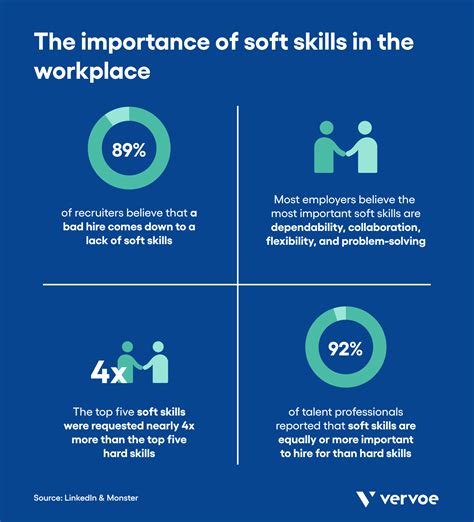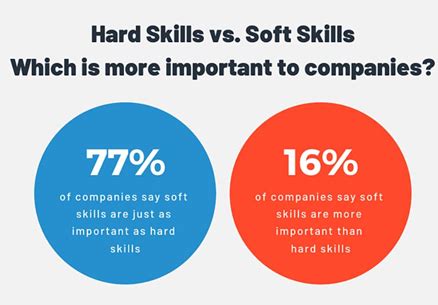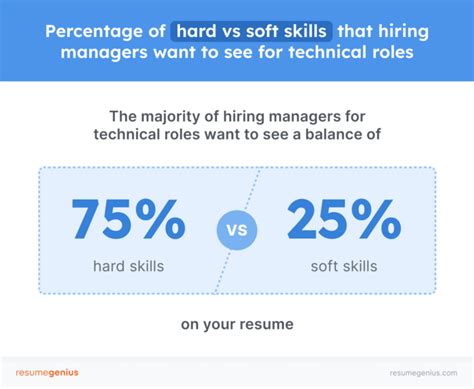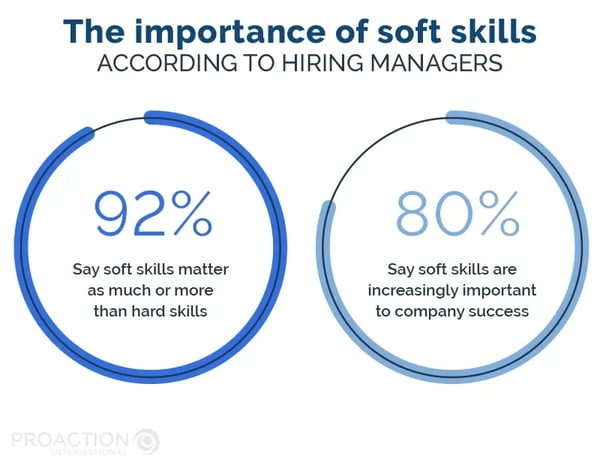Daniel Goleman’s Emotional Intelligence (EQ) framework has revolutionized the way we understand leadership and communication in both personal and professional settings. Unlike traditional measures of intelligence, EQ focuses on how individuals manage emotions, interact with others, and navigate social complexities. In the context of leadership and communication, Goleman’s insights emphasize the importance of emotional awareness, empathy, and self-regulation as key drivers of success. This article explores the core components of Goleman’s EQ model, its impact on leadership effectiveness, and how emotional intelligence enhances communication skills. Through real-world examples and practical strategies, we’ll uncover how developing EQ can lead to stronger, more effective leadership and improved interpersonal connections in any environment.
Join rosawblog.com for an in-depth exploration of this topic.
1. Overview of Daniel Goleman’s Emotional Intelligence (EQ) Framework
Daniel Goleman’s Emotional Intelligence (EQ) framework, introduced in his groundbreaking book Emotional Intelligence, redefined the skills essential for personal and professional success. Goleman argues that IQ alone is not a sufficient predictor of an individual’s effectiveness in the workplace or leadership roles. Instead, EQ plays a pivotal role in determining how well individuals understand and manage their own emotions and the emotions of others.
Goleman’s framework consists of five core components: self-awareness, self-regulation, motivation, empathy, and social skills. Self-awareness involves recognizing one’s own emotions and their impact on behavior, while self-regulation is about controlling emotional responses in various situations. Motivation refers to the drive to achieve goals with passion, beyond external rewards. Empathy allows individuals to understand the emotions of others, fostering better relationships. Finally, social skills enable effective communication and collaboration.
These components of EQ are crucial in leadership, as they help leaders inspire trust, handle conflicts, and build stronger teams. Goleman’s framework highlights that individuals who excel in emotional intelligence are more likely to succeed in roles that require strong leadership and communication skills.

2. Key Components of Emotional Intelligence
Daniel Goleman’s Emotional Intelligence (EQ) framework is built around five key components: self-awareness, self-regulation, motivation, empathy, and social skills.
Self-awareness is the ability to recognize and understand your own emotions, as well as their effect on your thoughts and behavior. It is the foundation for emotional intelligence. Self-regulation is the ability to control impulsive emotions and behaviors, manage stress, and adapt to changing circumstances.
Motivation in the context of EQ refers to the internal drive to achieve goals and maintain a positive outlook, even in challenging situations. Empathy is the ability to understand and share the feelings of others, helping to build stronger interpersonal relationships.
Finally, social skills are essential for managing relationships and building networks. This includes effective communication, conflict resolution, and teamwork. These five components together form the core of emotional intelligence, helping individuals improve their leadership abilities and interpersonal interactions across various settings.

3. The Impact of EQ on Effective Leadership
Emotional intelligence (EQ) plays a critical role in effective leadership, influencing how leaders interact with their teams, make decisions, and navigate challenges. Leaders with high EQ possess strong self-awareness, allowing them to recognize their own emotional triggers and manage stress effectively. This self-regulation helps them stay composed during difficult situations, fostering a sense of stability and trust within their team.
EQ enhances empathy, enabling leaders to understand their team members’ emotions, perspectives, and motivations. By practicing empathy, leaders can create an inclusive and supportive environment, which boosts morale and strengthens collaboration. Motivated leaders with high EQ inspire their teams to achieve goals, often going beyond expectations because of the strong emotional connection they establish.
Social skills, a key component of EQ, are essential for building strong relationships, facilitating open communication, and resolving conflicts effectively. Leaders with good social skills can inspire trust, manage disagreements, and encourage teamwork. In essence, emotional intelligence enables leaders to adapt to the needs of their team, create positive work environments, and lead with compassion, resulting in higher team performance and satisfaction.

4. Enhancing Communication Skills through EQ
Emotional intelligence (EQ) greatly enhances communication skills by fostering deeper understanding, empathy, and self-awareness in interactions. Leaders and individuals with high EQ are more attuned to their own emotions and the emotions of others, allowing them to navigate conversations with sensitivity and clarity. This awareness helps them respond rather than react, ensuring that they communicate thoughtfully and effectively.
Empathy, a core component of EQ, allows individuals to listen actively and consider others’ perspectives before speaking. This improves not only the quality of communication but also the level of trust and openness between parties. Additionally, those with strong EQ are skilled in managing conflicts, as they can recognize emotional triggers and diffuse tension through calm, respectful dialogue.
By honing social skills such as active listening, verbal and nonverbal communication, and conflict resolution, individuals with high EQ can communicate more persuasively and diplomatically, leading to stronger relationships and more productive teamwork in any environment.
5. Practical Strategies for Developing Emotional Intelligence
Developing emotional intelligence (EQ) requires conscious effort and practice. One practical strategy is to cultivate self-awareness by regularly reflecting on your emotions and how they influence your thoughts and actions. Journaling or seeking feedback from others can provide valuable insights into emotional patterns and areas for improvement.
To enhance self-regulation, practice mindfulness techniques such as meditation or deep breathing, which help in managing stress and emotional impulses. Setting personal goals and maintaining a positive outlook can foster intrinsic motivation, driving long-term success.
Empathy can be developed by actively listening to others, paying attention to nonverbal cues, and seeking to understand their perspectives. Regularly putting yourself in others’ shoes can improve interpersonal connections.
Lastly, building social skills through clear, open communication, conflict resolution training, and teamwork exercises strengthens your ability to relate to others. By consistently practicing these strategies, individuals can gradually improve their EQ, leading to better leadership, communication, and emotional resilience in both personal and professional environments.
6. Real-World Examples and Case Studies Highlighting EQ in Action
Emotional intelligence (EQ) has been proven to play a significant role in leadership success across various industries. One real-world example is Satya Nadella, CEO of Microsoft, who is widely recognized for using emotional intelligence to transform the company’s culture. Under his leadership, Microsoft shifted from a competitive, rigid environment to one focused on collaboration, empathy, and innovation. Nadella’s empathetic approach in understanding the needs of both employees and customers has been key to Microsoft’s continued growth and success.
Another case study involves Starbucks’ former CEO Howard Schultz, who demonstrated high emotional intelligence during the company’s downturn in 2008. Schultz focused on understanding employee concerns, building trust, and openly communicating Starbucks’ recovery plans. His emotional awareness and genuine concern for his team helped reestablish Starbucks as a leader in the global coffee industry.
In the healthcare industry, studies have shown that doctors with higher EQ are better at building rapport with patients, leading to improved patient satisfaction and outcomes. For example, empathetic listening and clear communication from healthcare providers enhance patient trust, resulting in better adherence to treatment plans.
These examples illustrate how emotional intelligence impacts leadership and communication in real-world scenarios, highlighting its importance in fostering success, resilience, and strong relationships in various fields.
Daniel Goleman’s insights into emotional intelligence (EQ) underscore its crucial role in effective leadership and communication. By focusing on self-awareness, self-regulation, motivation, empathy, and social skills, individuals can enhance their ability to lead with empathy, communicate clearly, and build stronger relationships. Developing EQ through practical strategies not only improves personal and professional interactions but also drives overall success. Real-world examples from leaders like Satya Nadella and Howard Schultz demonstrate the transformative power of EQ in action. Embracing and cultivating emotional intelligence can lead to more impactful leadership and a more harmonious work environment.
rosawblog.com
